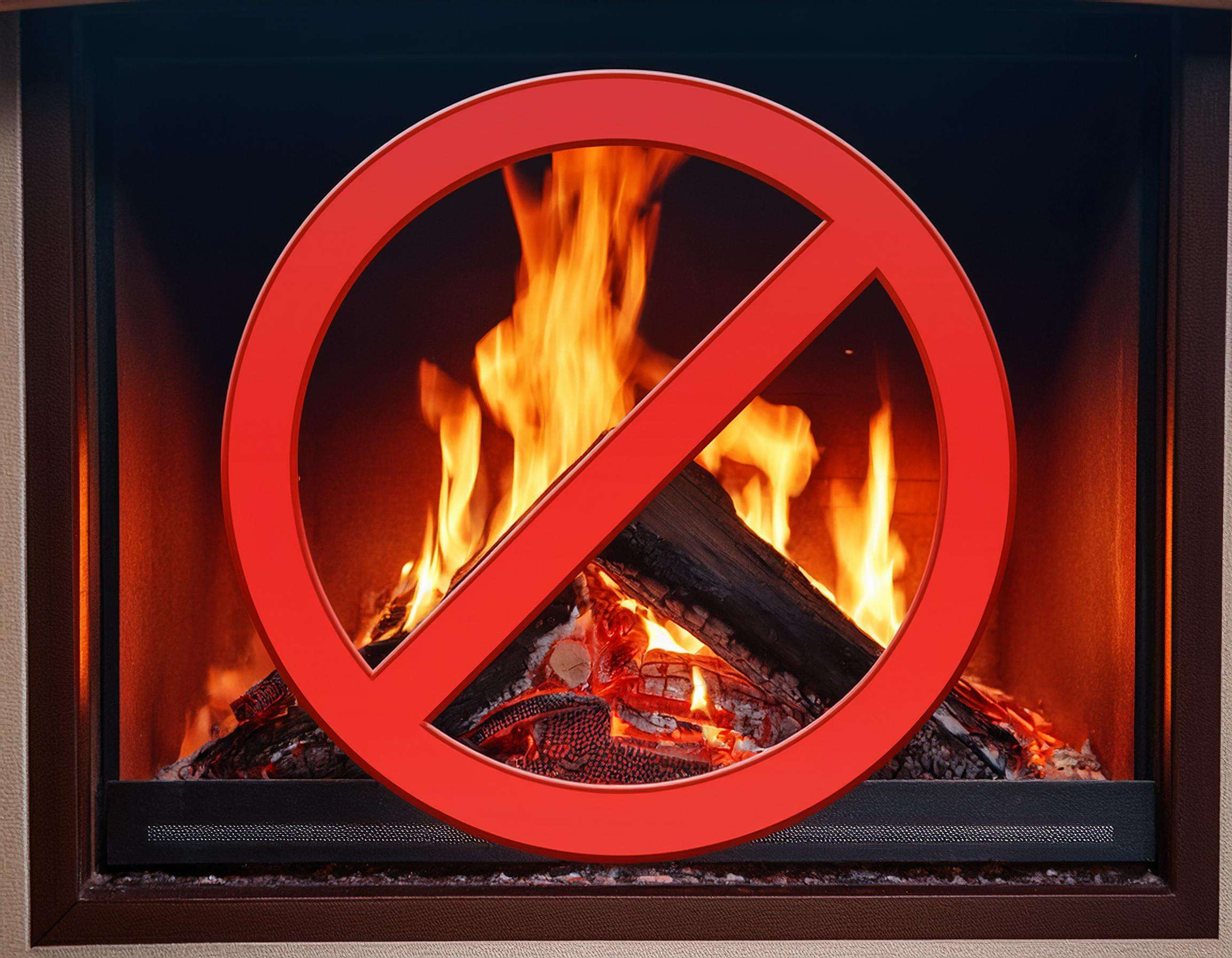
From 2025, an important legal change will come into force in Germany that will affect many homeowners: certain fireplaces and stoves may no longer be operated from this date if they do not comply with current emissions regulations. Anyone who owns an older fireplace or stove should take action to avoid fines and possible restrictions on use.
In this guide, you will find out which fireplaces and stoves are affected, what the new regulations entail and what measures you can take as an owner to continue heating safely and legally.
1. which fireplaces and stoves are affected?
All fireplaces that were put into operation before January 1, 1995 and do not comply with the limit values of the First Ordinance on the Implementation of the Federal Immission Control Act (1st BImSchV) are affected. This applies in particular to older wood-burning stoves, open fires and tiled stoves.
The regulation sets strict limits for the emission of particulate matter and carbon monoxide, which modern appliances generally comply with without any problems. Older models, on the other hand, often significantly exceed these values, which is why they have to be retrofitted or decommissioned.
2 What does this mean for owners?
If your fireplace or stove is affected by the new regulations, you have until the end of 2024 to take appropriate measures. You can:
- Retrofitting: Many older stoves can be modernized by installing fine dust filters or other technical measures. This reduces pollutant emissions and operation remains permitted.
- Replace: If retrofitting is not possible or economically viable, the only option is to replace the old appliance with a modern model. New fireplaces and stoves are much more efficient and environmentally friendly.
- Decommissioning: In some cases, it may make sense to decommission the old fireplace or stove, especially if it is rarely used.
A chimney sweep can help with the inspection and recommend the necessary measures.
3. what are the penalties for non-compliance?
Anyone who continues to operate their old fireplace or stove after 2025 without retrofitting or replacing it risks fines. Depending on the infringement, these can amount to several hundred euros. In addition, the chimney sweep can prohibit the use of the appliance until the necessary measures have been taken.
4. advantages of retrofitting or replacement
There are several reasons why early retrofitting or replacement is worthwhile:
- Environmental protection: Modern appliances emit significantly fewer pollutants and thus help to improve air quality.
- Efficiency: New fireplaces and stoves are often more efficient, which means they use less fuel and reduce heating costs.
- Subsidies: In some cases, there are state subsidy programs for replacing old fireplaces, which reduces the costs for owners.
5. conclusion
From 2025, the operation of old fireplaces and stoves that do not comply with current emissions regulations will become illegal. Owners should act in good time to avoid fines and restrictions on use. Retrofitting or replacing the appliance can not only help to meet legal requirements, but also offers benefits in terms of efficiency and environmental protection.